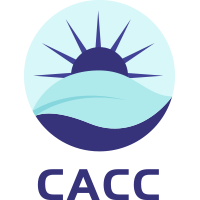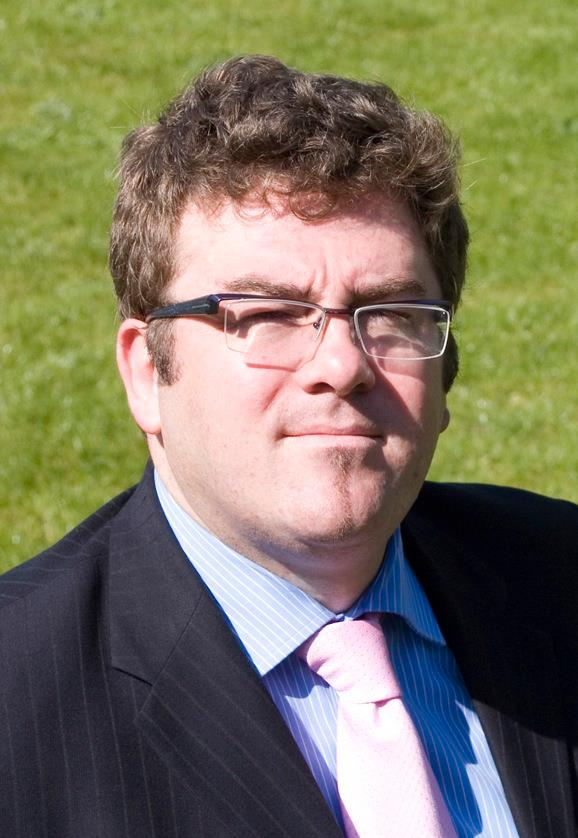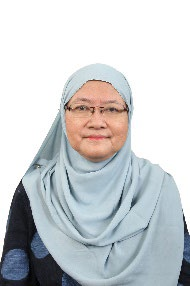
| Prof. Dr. Richard Peter BaileyUCSI University, MalaysiaBrief introduction: Prof. Bailey is Deputy Dean, Head of Research, and Full Professor in the Faculty of Social Sciences and Liberal Arts at UCSI University in Malaysia. He is also Deputy Director of the Center of Research for Mental Health and Wellbeing, Kuala Lumpur. Richard has been Expert Advisor for UNESCO, the OECD, the International Olympic Committee, and Nike. He is an elected Fellow of the Royal Society of Arts in the UK, a Member of the Akademi Profesor Malaysia, a Member of the Malaysian Branch of the Royal Asiatic Society, and he was recently named an ‘Ikon Pendekar’ (Hall of Famer) for his contributions to Malaysian Cultural Arts. Stanford University’s list of the world’s top scientists rated him the leading sports scientist in Malaysia, in the top 0.3% in the World. Richard has worked as a school teacher, sports coach, teacher trainer, consultant, and researcher. He was a Professor in several Universities in the United Kingdom, before becoming head of research at an international sports NGO in Berlin, Germany. His research interests are diverse, including the philosophy of education, learning sciences, and sports sciences. Recent projects have examined myths about the brain and learning, inclusion in public health, and the history of Malaysian martial arts. He has authored or edited 32 books, and more than 250 scientific articles. Speech Title: Silat Warriors as Malay Cultural Heroes Abstract: The unprecedented success of the film Mat Kilau: Kebangkitan Pahlawan and ongoing discussions about the cultural significance of Hang Tuah and Hang Jebat suggest that Malay Silat warriors continue to be seen as heroic figures among many Malaysians. This article examines this idea by considering the phenomenon of warrior heroes, in general, and the Tuah/Jebat story, in particular. The perennial question of which of the Melakan warriors who fought to the death was right is discussed, concluding that the answer is much more ambiguous than traditionally presented. The whole notion of cultural heroes raises questions about the context in which they emerged, the values with which they have been identified and the aspects of their lives and actions that are selectively constructed. This is true for Hang Jebat, whose celebrity seems to stand in stark contrast to his reported behaviour, and Hang Tuah, for whom popular recreations of his adventures typically omit large and significant parts of his epic journeys. Stories of heroes, I suggest, serve multiple functions, and to an interesting and, to significant extent, these stories can hold somewhat tenuous ties to the heroes themselves. |
Prof. Rogayah A RazakUCSI University, MalaysiaBrief introduction: Rogayah A Razak is a Professor & Dean at the Faculty of Social Science & Liberal Arts, UCSI University, Malaysia. Her work in academia spans more than 35 years. She has vast experience working at public universities including Universiti Kebangsaan Malaysia (UKM) for 21 years. She is the founder of the Clinical Linguistics postgraduate program at UKM in 2007. Her areas of expertise include psycholinguistics, multilingualism, and clinical linguistics. She is the author of a local language assessment tool MPLAT and Malay LARSP, and has co-authored other tests such as Malay-BNT, Malay-HINT, Radner-UKM Malay Reading Charts for speech-language therapy and Optometry respectively. Her body of work in these areas are widely published in high impact journals. She has successfully bided international and national research grants from the Academy of Medical Science, UK, British Council, John Templeton Fund, Yale University and Ministry of Higher Studies, Malaysia. She is a recipient of the distinguished Fulbright Visiting Scholar Award. Speech Title: Psycholinguistic Studies on bilingual children in Malaysia: Implications for Education and Language Intervention Abstract: This presentation revolves around the psycholinguistic studies conducted on multilingual typically developing and atypically developing Chinese and Malay children in Malaysia. 3 studies are presented: 2 studies on morphosyntactic abilities of typically developing Malay and Chinese preschoolers based on a sentence repetition task, and the third study looks at Malay school-age children with developmental language disorders. We will briefly touch on the first standardized language assessment tool, the Malay Preschool Language Assessment Tool (MPLAT), a tool which could be used to assess/screen/diagnose multilingual children. A few factors are identified to contribute to the language abilities of these children: psycholinguistic factors such as age of acquisition, total use; multicultural nature of mainstream society where code-mixing and code-switching are overtly used; the diglossia nature of the languages- transfer of low into high varieties; and the Malaysian education system. Implications for the intervention and the education of multilingual children will be discussed. |
|


